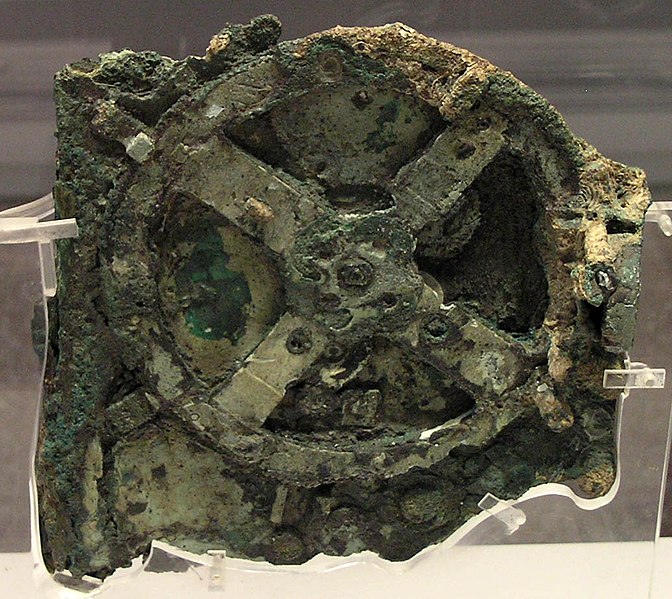Einstein taught us that time is relative. Popular writers will say this explains why an hour in a waiting room is longer than an hour having a beer with your best friend. This isn’t true. These occasions feel different because your perception of passing time is highly contingent on the qualities of the experience. Einstein’s got nothing to do with it.
The human factor, in those cases,
has mostly to do with patience. I’m not
an expert on the subject, since I have none.
For me, a dentist’s office, traffic jams, my living room while waiting
for my wife to put on her makeup, my bedroom as a child waiting for Christmas
morning to commence, the queue administered by the NTSB, are torture
chambers.
Checkout lines at the food store are
the ultimate gladiator combat zone of patience.
Recently, I got behind a crowd of cheerful partygoers preparing for a
big night at home. They were having a lot
of fun, and the food store employees were infected by the high spirits. There was non-stop joking and laughing. I was dying, since I really needed to get
through that line as soon as possible, since I had to flee the store for
reasons inexplicable at the time. In
retrospect, I was merely impatient.
So I bailed out of my position and
went to the line next door, where only a single elderly lady was ready to find
her way through the self-checkout. This was a huge mistake. She had no idea how to navigate the automated
system, stumbling her way through every transaction. She had also stacked her purchases to
overflowing in the little bin at the rear of the cart, and having angled the thing
so she was now at the front end, had a great deal of difficulty retrieving her packages,
fruits and vegetables. I rescued this
effort by moving all her stuff onto the conveyor belt. She thanked me, while complaining loudly that
nothing in life worked as well as it used to.
I agreed.
The young guy in charge of helping
people through the self-checkout came over about a dozen times to recalibrate
the system after the woman did some novel things with the barcodes and buttons
at her disposal. The guy had to call
over his supervisor at least twice with the words, “Never seen this one
before.”
I became the old lady’s fiduciary for
the final act of cashing out, which involved discovering that only one of her fistfuls
of credit and debit cards actually worked.
I nearly wept with joy when the word “Approved” finally flashed on the
little screen. Somewhere in the middle of all this, the partygoers
left the store, in full celebration. We
waved to each other.
The lesson for me was a little bit
of patience at first would have saved a huge amount of time, and stomach acid,
on the back end.
I know several people who have virtually no
sense of passing time. Whether a
blessing or a curse is up for debate, since one can easily fill in both sides
of the ledger. I have an acute sense of
time, which I blame on the German side of my family, who considered five
minutes early as being on time. Not five
minutes before, nor five minutes after.
None of them wore a watch, since they could tell you the exact time aligned
with the GMT down to the nearest second.
So I’m almost never late, though someone I live with is never on time,
unless by happy accident.
Another relative of mine ascribes his
wife’s time blindness to the perfidy of the Magic Clock. If she needs twenty minutes to complete a
task, she merely looks at the Magic Clock, which will tell her five is all she needs. Her surprise at the actual outcome is endlessly recurring and never instructive.
My German grandfather was a clock smith, who would translate time’s march into pendulums, springs, axels and gear sprockets. He filled his house with about 100 clocks, most of which were strikers. At midnight, the house would erupt with bells, chimes and ancient clackers. His family would sleep through it all, since it was merely a cacophonous reminder that another day had just ended, a little bit of life consumed, and new days ahead, a few more bits yet to be endured.






